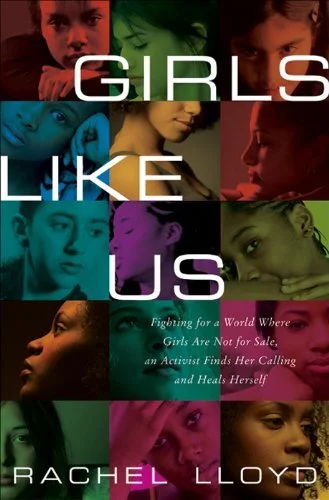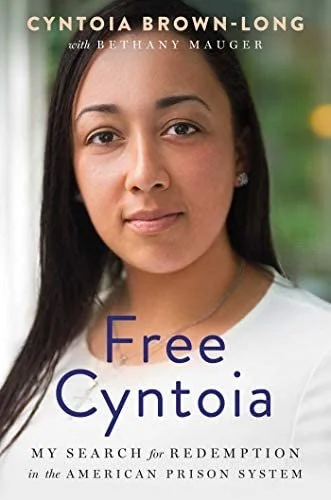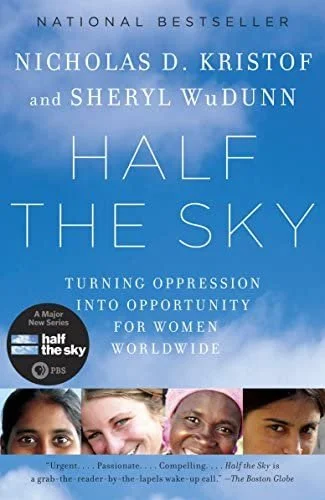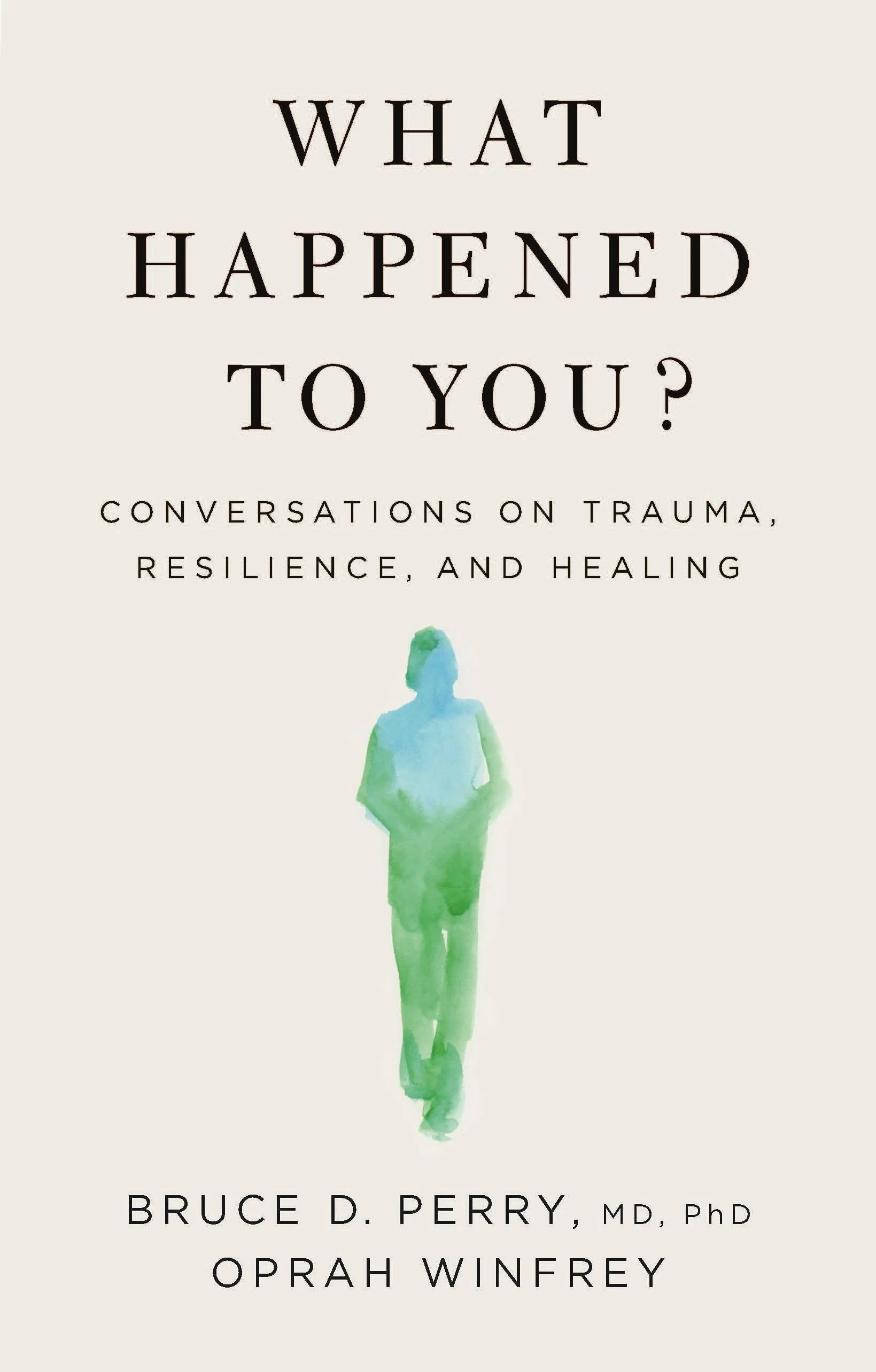Exploitation is happening in every community
At Spare Change, we not only empower survivors, but educate community members so they can join us in supporting survivors.
A Client’s Journey
Tap through each section to learn more about our client’s journey to Spare Change. For those on mobile devices, turn your phone horizontally for a full screen experience.
Their history
lack of foundation
standing in the gap
According to the U.S. Department of Justice, human trafficking occurs whenever an individual is compelled or coerced into providing labor or services, or to engage in commercial sex acts. The means to make an individual engage in these activities can be subtle or overt, physical or psychological, by means of force, fraud, or coercion.
What is human trafficking?
While anyone can be a victim of human trafficking, there are certain communities and individuals who are targeted and particularly vulnerable.
Traffickers specifically seek out individuals who are left unprotected or abandoned by their families and communities. A lack of economic stability and education can further place people at risk. In fact, traffickers will target individuals with these identities since they can be particularly vulnerable.
The U.S. Department of Justice specifies that… “children in the child welfare system or children who have been involved in the juvenile justice system; runaway and homeless youth; unaccompanied children; persons who do not have lawful immigration status in the United States; Black people and other people of color; American Indians, Alaska Natives, Native Hawaiians, Pacific Islanders, and other indigenous peoples of North America; Lesbian, Gay, Bisexual, Transgender, Queer, and Intersex (LGBTQI+) individuals; migrant laborers; persons with disabilities; and individuals with substance use disorder” are all especially at risk.
Benefits of paying court fees
By helping pay off court fees, the already heavy load is lessened for victims. Contributing to paying off these fees can not only help victims with their challenges in the criminal justice system but can also create the conditions for survivors to move forward in their healing journey. For instance, paying off these fees can give victims more space to focus on their next steps of establishing stable housing, reuniting with their family, finding a job, being part of a community, etc.
Victims + the criminal justice system
While the United States recognizes human trafficking as a serious crime, the unfortunate reality is that there are immediate and urgent barriers to protecting survivors of human trafficking. One of the most prominent and extensive barriers is the criminalization of human trafficking survivors. This might look like charging victims of sex trafficking with prostitution or charging victims of labor trafficking with a violation of immigration laws. While efforts to protect survivors have been made, such as the Trafficking Victims Protection Act (TVPA), which aims to place the blame and punishment on traffickers alone and, in return, protect victims, there is still much work to be done. For survivors who do face criminal penalties due to their trafficking history, they oftentimes face extensive court times and legal fees. Instead of being able to focus on rebuilding their life and trauma recovery, survivors are continually being forced to “pay” for their trafficker’s crimes and for the injustices committed by those around them.





